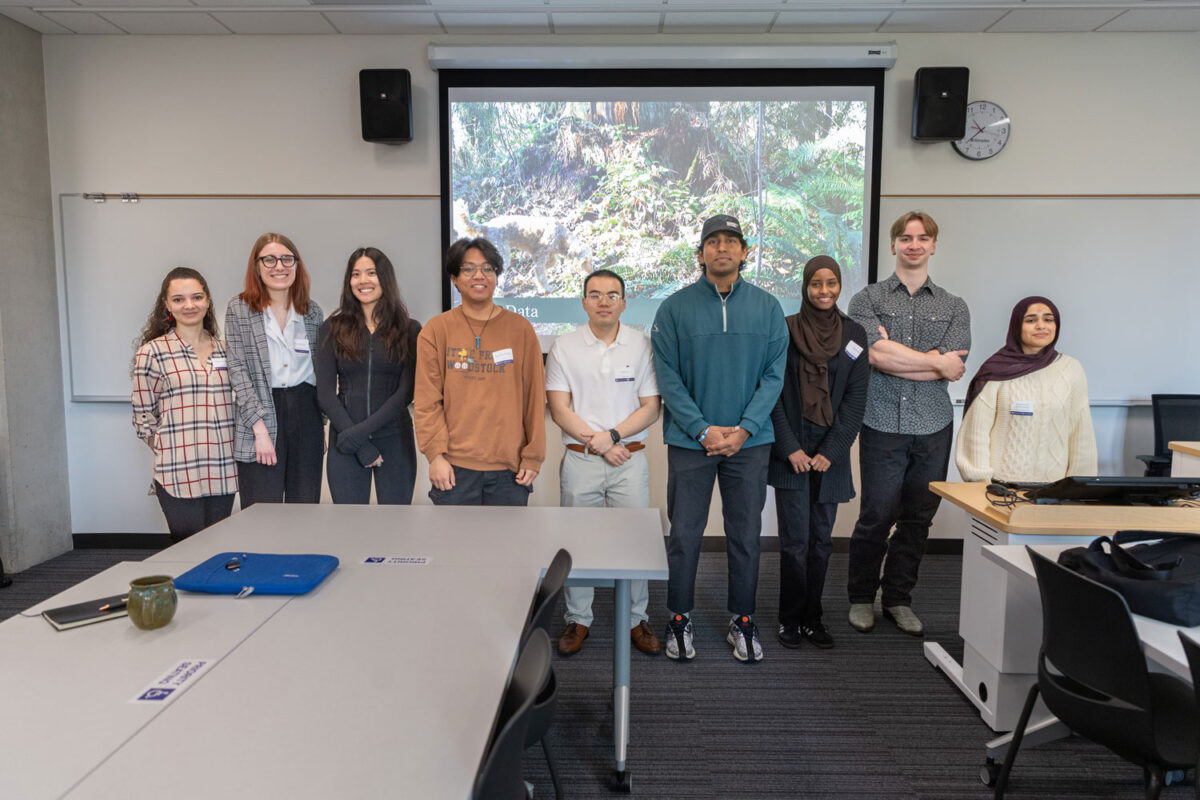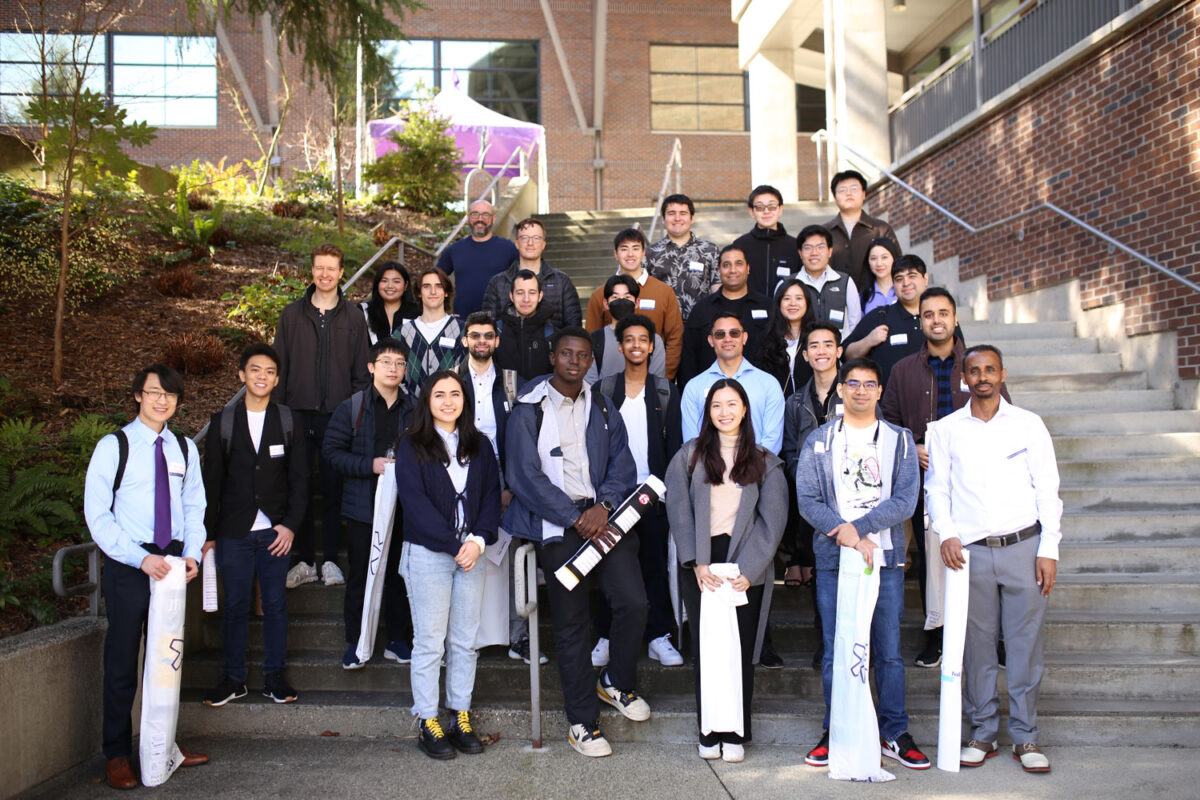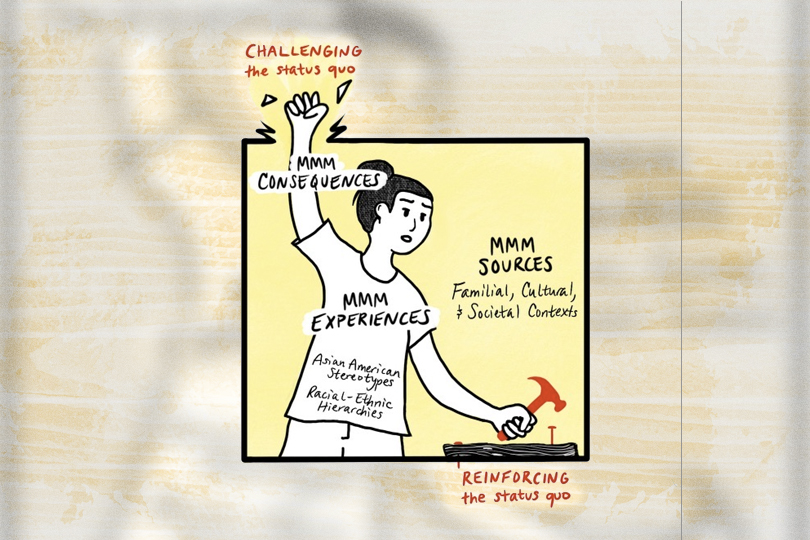Diesel-powered coal trains and freight trains pass through the Columbia River Gorge National Scenic Area on a regular basis. New research data show negative impacts on air quality that present health risks.
Specifically, PM2.5, the particulate matter known to be a public health risk, peaks during a coal train passage are nearly 90 percent higher than those during a freight train passage.
Dan Jaffe, Ph.D., professor of atmospheric and environmental chemistry in University of Washington Bothell’s School of Science, Technology, Engineering and Mathematics, led a research team in studying diesel particulate matter and airborne coal dust released from trains traveling in the Columbia River Gorge. Their results were released this week in a new peer-reviewed study in the journal Atmospheric Pollution Research.
Jaffe’s data demonstrate that, on average, a diesel-powered open-top coal train releases nearly twice as much respirable total particulate matter (PM2.5—particulate matter with a diameter less than 2.5 micrometers) compared to a diesel-powered freight train. In addition, they found that 5.4 percent of all coal trains were “super-dusters,” generating visible dust plumes, captured by video camera, and having the highest concentrations of respirable particulate matter.
The U.S. Environmental Protection Agency has found PM2.5 to be a significant public health risk. Because PM2.5 is so fine that it can be inhaled unfiltered into the lungs, short-term and long-term exposure are associated with a broad range of negative health impacts, including respiratory and cardiovascular effects, as well as premature death (U.S. EPA, Report to Congress on Black Carbon, March 2012, http://www.epa.gov/blackcarbon/2012report/fullreport.pdf).
This article has been peer-reviewed and accepted for publication in the journal Atmospheric Pollution Research.
The full article and supplemental video files can be accessed here:
http://blogs.uw.edu/djaffe/
Jaffe’s research team included staff and undergraduate students from the University of Washington Bothell as well as Dr. Juliane Fry and students from Reed College in Portland, Oregon. Funding for the project came from more than 300 individuals who donated through the research crowd-funding platform Experiment.com and from the Friends of the Columbia Gorge.
About UW Bothell: Ranked No. 1 in the state of Washington and the Pacific Northwest on Money magazine’s list of best colleges, UW Bothell provides access to an exceptional University of Washington education for students of tremendous potential. Offering more than 45 undergraduate and graduate degrees, options, certificates and concentrations, UW Bothell builds regional partnerships, inspires change, creates knowledge, shares discoveries and prepares students for leadership in the state of Washington and beyond.


